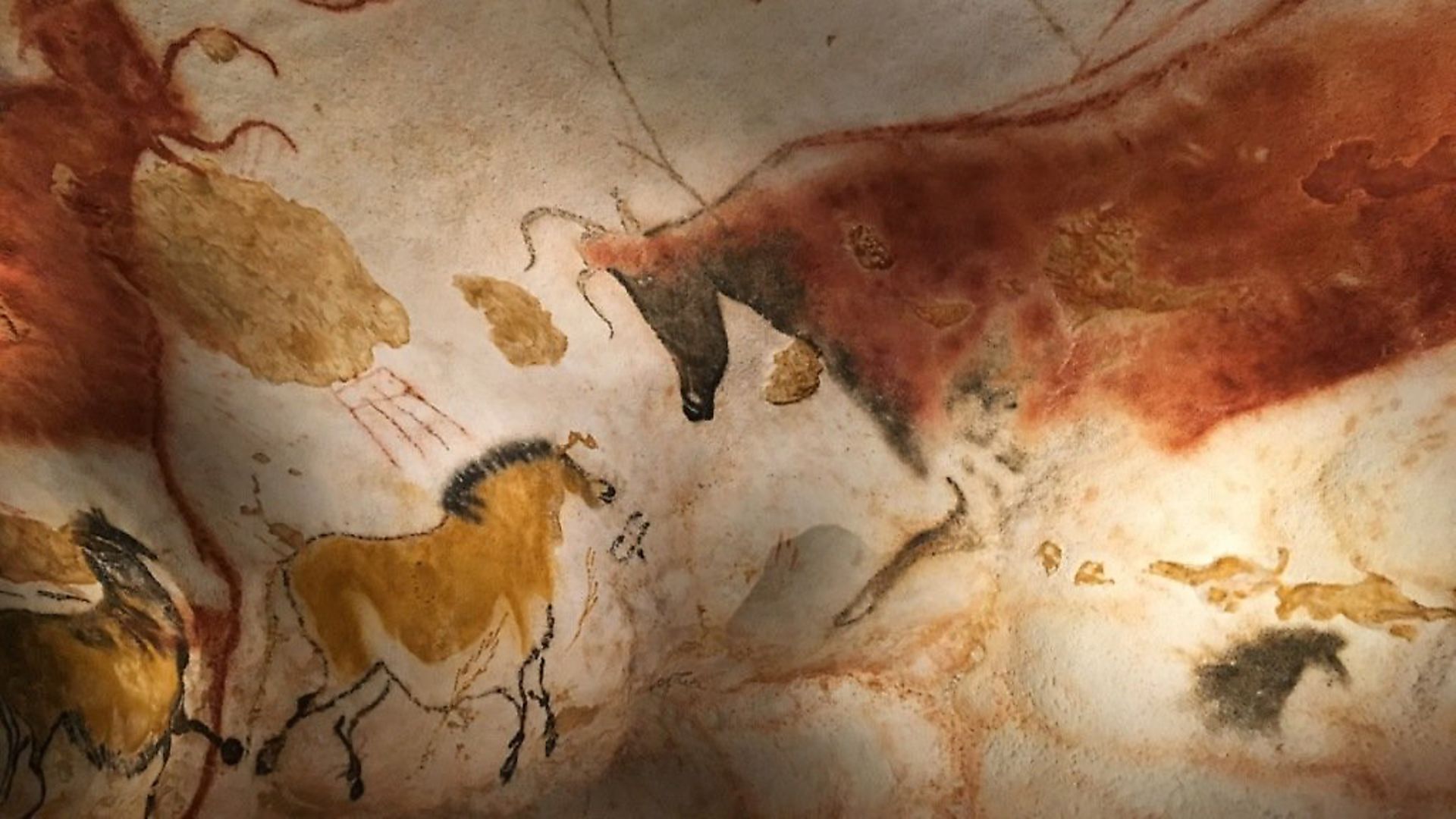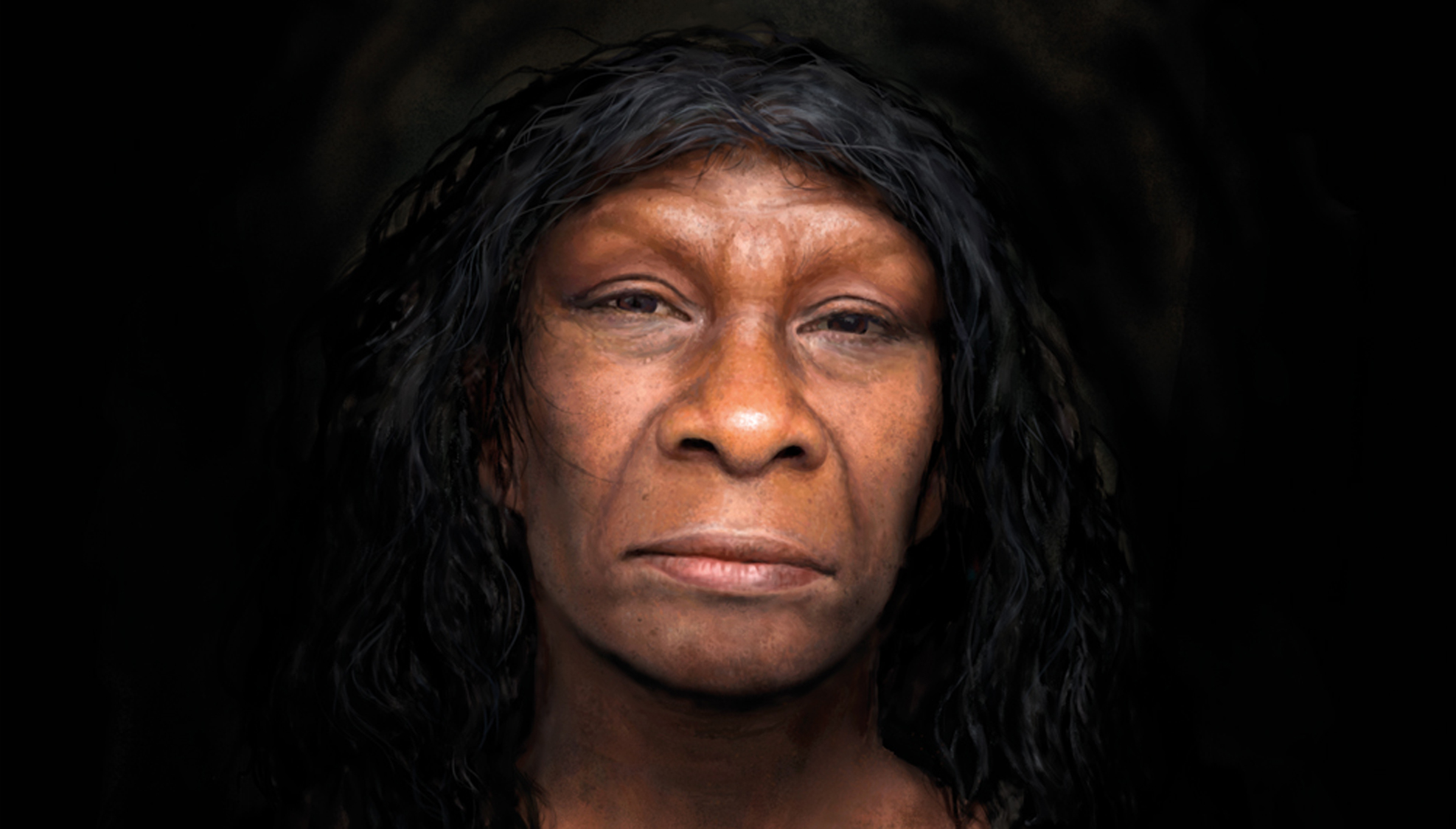A Cave In France Is Revealing How The Neanderthals Died Out
Deep within the Gorham's Cave in Gibraltar, a team of archaeologists has uncovered a treasure trove of evidence that is shedding new light on the demise of the Neanderthals. Through meticulous excavation and analysis, researchers have pieced together a complex narrative that challenges long-held assumptions about the extinction of this enigmatic species.
The Neanderthal Extinction Enigma
The Neanderthals, a close relative of modern humans, inhabited Europe and Asia for hundreds of thousands of years before mysteriously disappearing around 40,000 years ago. The cause of their extinction has been subject to intense debate, with theories ranging from climate change to interbreeding with humans.
Gorham's Cave: A Time Capsule
Gorham's Cave is a veritable time capsule, preserving a rich archaeological record that spans the entire period of Neanderthal occupation in Gibraltar. The cave's unique microclimate and excellent preservation conditions have yielded an astonishing array of artifacts, including stone tools, animal bones, and even Neanderthal hearths.
Genetic Evidence
One of the most significant discoveries in Gorham's Cave is the presence of Neanderthal DNA. By analyzing the mitochondrial DNA (mtDNA) of Neanderthal remains, researchers have determined that they coexisted with modern humans for several thousand years. However, the mtDNA also suggests that the Neanderthals had a limited number of breeding females, making them more susceptible to genetic drift and environmental stressors.
Resource Competition and Climate Change
As modern humans entered Europe, they brought with them a suite of advanced technologies and a more efficient hunting strategy. This may have given them a competitive advantage over the Neanderthals, who were already facing environmental challenges such as climate change and habitat loss.
The Neanderthals' reliance on large prey animals, such as mammoths and woolly rhinos, would have made them particularly vulnerable to climate change. As these animals became scarce or their ranges shifted, the Neanderthals may have struggled to adapt and find alternative food sources.
The Role of Culture
Recent research suggests that cultural factors may have also played a role in the Neanderthals' extinction. Studies of Neanderthal tools and artifacts indicate that they had a limited capacity for symbolic thought and communication compared to modern humans.
This cognitive gap may have hindered the Neanderthals' ability to adapt to rapidly changing environmental and social conditions. Modern humans, on the other hand, were able to develop complex social structures and technologies that allowed them to thrive in a wider range of environments.
Sympatry and Hybridization
Traditionally, it was believed that Neanderthals and modern humans did not coexist in Europe for an extended period. However, evidence from Gorham's Cave and other sites suggests that the two species may have lived alongside each other for several thousand years.
During this period, it is possible that some interbreeding occurred, leading to the introduction of Neanderthal genes into the human population. This genetic mixing may have conferred certain advantages, such as increased resistance to certain diseases, but it may have also disrupted the Neanderthals' own genetic integrity.
Conclusion
The extinction of the Neanderthals is a complex and multifactorial phenomenon. While climate change and resource competition were undoubtedly significant factors, genetic diversity, cultural limitations, and interbreeding with modern humans also played a role.
The discovery of Neanderthal remains in Gorham's Cave has provided invaluable insights into the lives and demise of this enigmatic species. Through continued research and collaboration, we can unravel the mysteries of the Neanderthals' extinction and gain a deeper understanding of our own evolutionary journey.
Read also:

